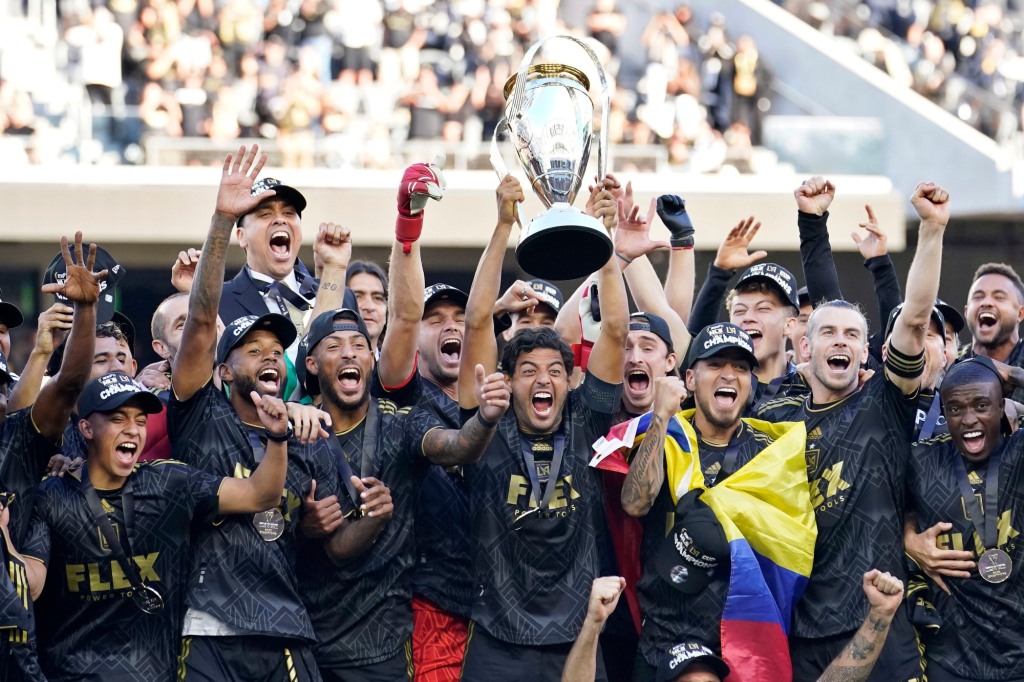The Los Angeles Football Club team that won the organization’s first MLS Cup four months ago would cost an untenable 30% more to field in 2023.
Pitting the promise of a stellar encore performance against the impression that Major League Soccer champs suffer for their success, the league’s uniquely American budget rules and regulations deem that an array of individual and team performance bonuses, written into standard player contracts at the discretion of the clubs, shall count against the next season’s salary cap.
Winning, it seems, can carry a price, which LAFC was willing to pay.
“I think on one extreme you would say you’re punished,” said John Thorrington, LAFC’s general manager and co-president. “And to those who are in favor of parity, you’re saying it’s just a part, a function of one of the league’s priorities, which is competitive parity.”
MLS prefers for its labyrinthine salary structure to be described as serving “competitive balance,” said Christina LaBrie, MLS senior vice president of player relations, which means teams that perform poorly receive additional financial tools to quickly turn things around.
“Going into the next season, there are no rules that disadvantage a champion team,” LaBrie said. “There are rules that redistribute some of the allocation, some of the salary budget space, as we call it, to the teams that didn’t make the playoffs or the teams at the bottom. This is traditionally within American sports a common concept.”
After missing out on the MLS postseason in 2021, LAFC received more money to sign players or pay down salaries under the cap in 2022 than it did in the wake of its championship.
At the same time, the rules act as a governor on ambitious clubs by ensuring they can’t spend multitudes more than others, as is commonplace outside the U.S.
The Designated Player rule and mechanisms, such as targeted allocation money, offer exceptions to the overall cap by providing teams with options…
Read the full article here







